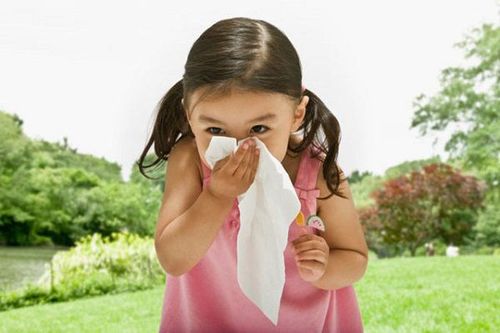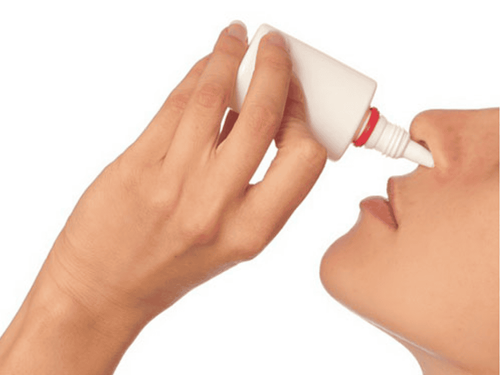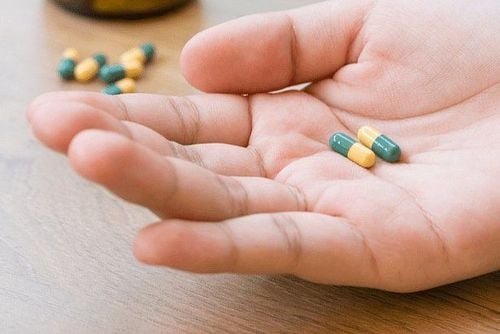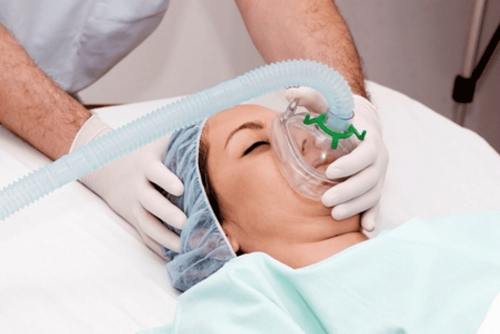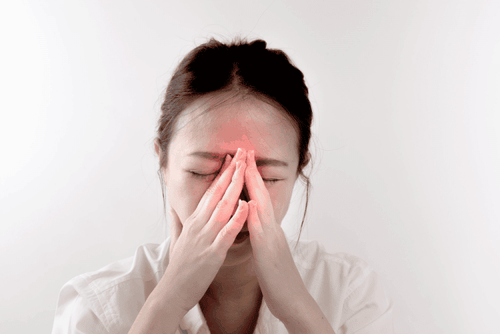This is an automatically translated article.
Allergic rhinitis is inflammation of the inside of the nose caused by an allergen, such as pollen, dust, mold, or skin flakes from certain animals.1. Symptoms of allergic rhinitis
Common symptoms of allergic rhinitis include:Sneezing Runny nose Congested Nose Itchy Cough, sore throat or itchy throat Itchy eyes, watery eyes, dark circles under eyes Frequent headaches Rash. Some people experience symptoms only rarely when they are exposed to the allergen in large quantities. Others develop symptoms year-round. That's why it's important to talk to your doctor about possible allergy triggers if your symptoms persist for more than a few weeks and don't improve.
2. Causes of Allergic Rhinitis
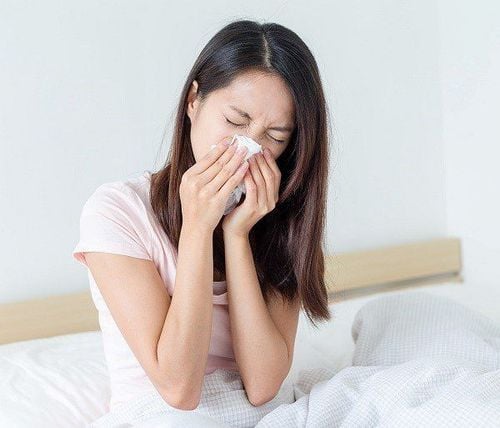
Viêm mũi dị ứng là tình trạng viêm bên trong mũi do một chất gây dị ứng
In addition to pollen, other common allergens include:
Grass pollen Dust mites Animal skin scales Cat saliva Mold.
3. Can allergic rhinitis be cured?
Currently, there is no cure for allergic rhinitis, but you can treat and control the symptoms.You can treat allergic rhinitis in many ways including medications, home remedies and alternative medicines. You should consult your doctor before trying any new treatment for allergic rhinitis.
3.1 Antihistamines You can take antihistamines to treat allergies. They work by preventing the body from making histamine.
3.2 Decongestants You can use nasal decongestants for a short time, usually no more than three days, to relieve nasal congestion and sinus pressure.
If you have an irregular heartbeat, heart disease, history of stroke, anxiety, sleep disturbances, high blood pressure or bladder problems, talk to your doctor before using a nasal decongestant. .
3.3 Eye drops and nasal sprays Eye drops and nasal sprays can provide short-term relief from itching and other allergy-related symptoms. However, depending on the product, you may need to avoid long-term use.
3.4 Immunotherapy Your doctor may prescribe immunotherapy or an allergy shot (allergy shot), if you have severe allergies. You can use this treatment regimen in combination with medication to control symptoms.
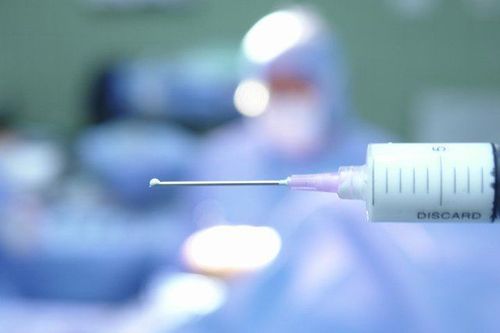
Nếu bạn bị dị ứng nặng, bác sĩ có thể tiêm thuốc chống dị ứng
Currently, this method is effective for the treatment of rhinitis and allergic asthma caused by grass, pollen, cat dander, dust mites and ragweed pollen. The first dose of this therapy will take place in a Medical facility. Allergy shots are used regularly for a period of time determined by your doctor.
Possible side effects include itching in the mouth or irritation of the ears and throat. In rare cases, this treatment can cause anaphylaxis.
3.6 Home Remedies If you suffer from seasonal allergies or pollen, you can try using an air conditioner instead of opening a window. If possible, add a filter designed for allergies.
Any questions that need to be answered by a specialist doctor as well as customers wishing to be examined and treated at Vinmec International General Hospital, you can contact Vinmec Health System nationwide or register online HERE.
References: ada.com, healthline.com
MORE
How is allergic rhinitis different from common rhinitis? Effective treatment Why do you suffer from year-round allergic rhinitis? How to treat allergic rhinitis




